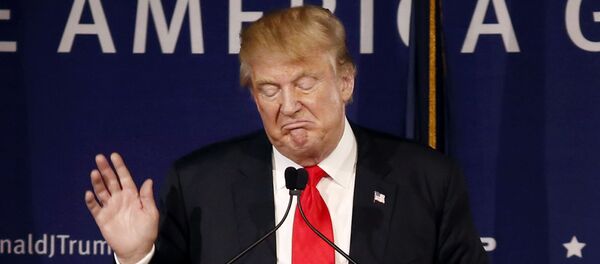The Eurozone’s loose monetary environment has exhausted its pro-growth potential, and is becoming hazardous in terms of investment in light of the projected US monetary tightening as it would divert capital flows to New York from Frankfurt.
“The size of the purchase program means that will take some time, but a permanent commitment to our bond-buying, for example, would set the wrong incentives for government financing,” Mersch said speaking in Frankfurt on Thursday. A stimulus continued beyond its expiration deadline in March 2017 would be “a development that would ultimately run up against the ban on monetary financing and so be incompatible with our mandate.”
“The fragility of the recovery calls for very cautious action,” Mersch said. “Low interest rates and (loose monetary) policies remain appropriate in the current environment,” he added.
Across the 19-nation single currency bloc, inflation is at 0.5pc, significantly below the 2pc target, resulting in rife anticipation in the market that bond-buying will be extended by at least six months after March 2017 to support gains in the core prices index. Growth in the Eurozone has been persistently underperforming, at 0.3pc in Q3, with the nations of the European South (such as Spain and Italy) having fared surprisingly better due to higher unemployment and lower labour costs than the traditionally austere, yet burdened by excessive social spending, North.
Mersch also emphasised the “many uncertainties … in the public sector” across the bloc, likely referring to the upcoming national elections in Germany and France in 2017, where the ruling centre-left cabinets might lose power in the wake of the conservative pivot in mass consciousness, trail-blazed by Brexit and Trump’s election. In Italy, a key referendum will be held as soon as early December, where the current prime-minister Matteo Renzi of the centre-left Democratic Party might lose his position as well.
Echoing multiple scholars and market observers calling for greater unity in the Eurozone’s fiscal policies (currently administered by individual Eurozone member states), Mersch reiterated the necessity for a more pronounced and coordinated fiscal effort boosting the bloc’s economy.
Monetary policies have reached their limits of economic stimulation with the base borrowing costs touching negative territory, and greater public sector spending could substantially enhance growth potential – an assumption, on which Trump’s economic advisors and policymakers in Japan have developed their most recent economic agenda. The UK, meanwhile, is yet to decide on whether a fiscal stimulus would be a necessity in the already buoyantly growing economy.
“That includes stronger fiscal policy,” Mersch said. “Only then can our monetary policy normalize. Moreover, above all we need reforms that, for example, allow more flexibility in labour and product markets, and which boost productivity.”





